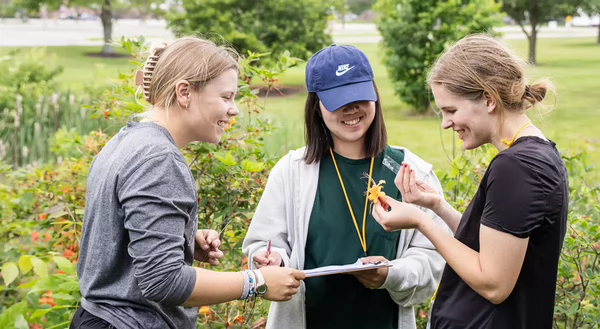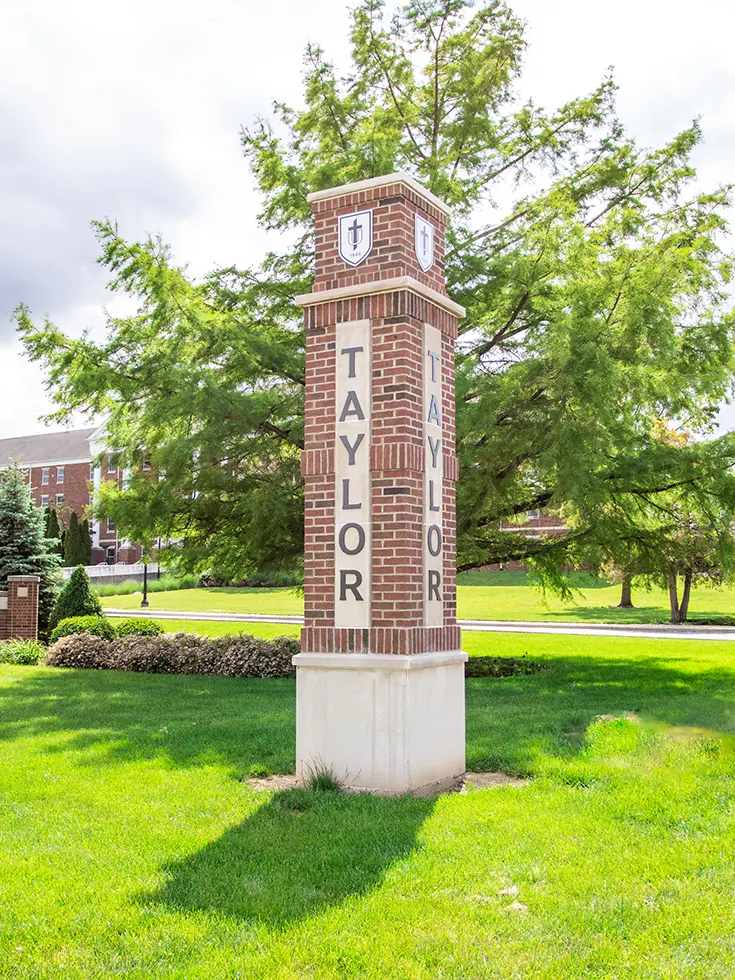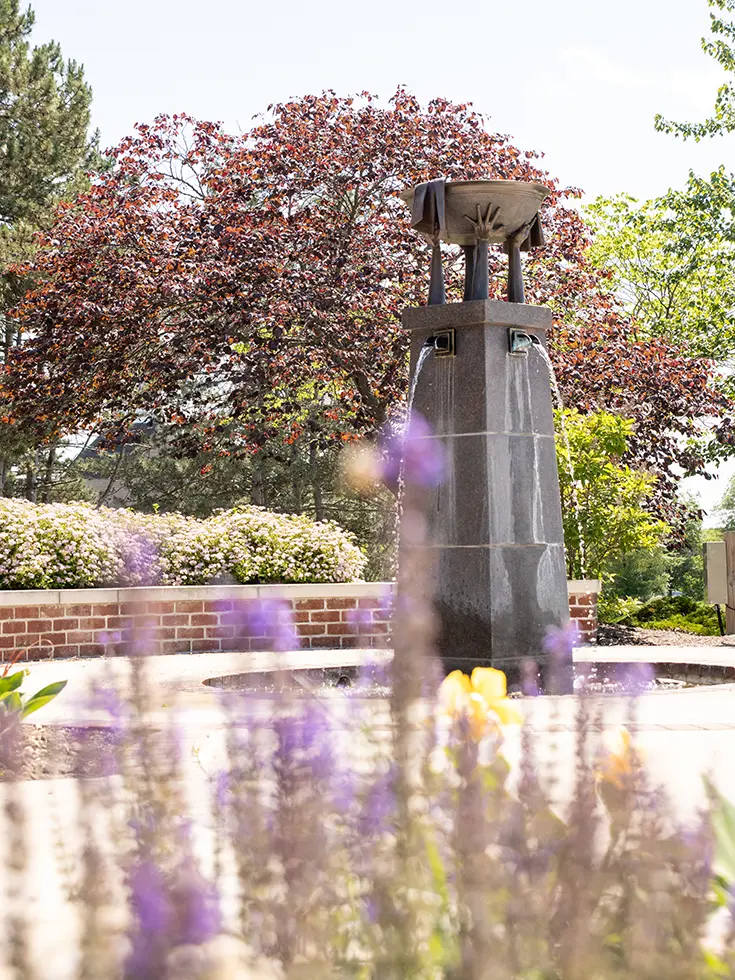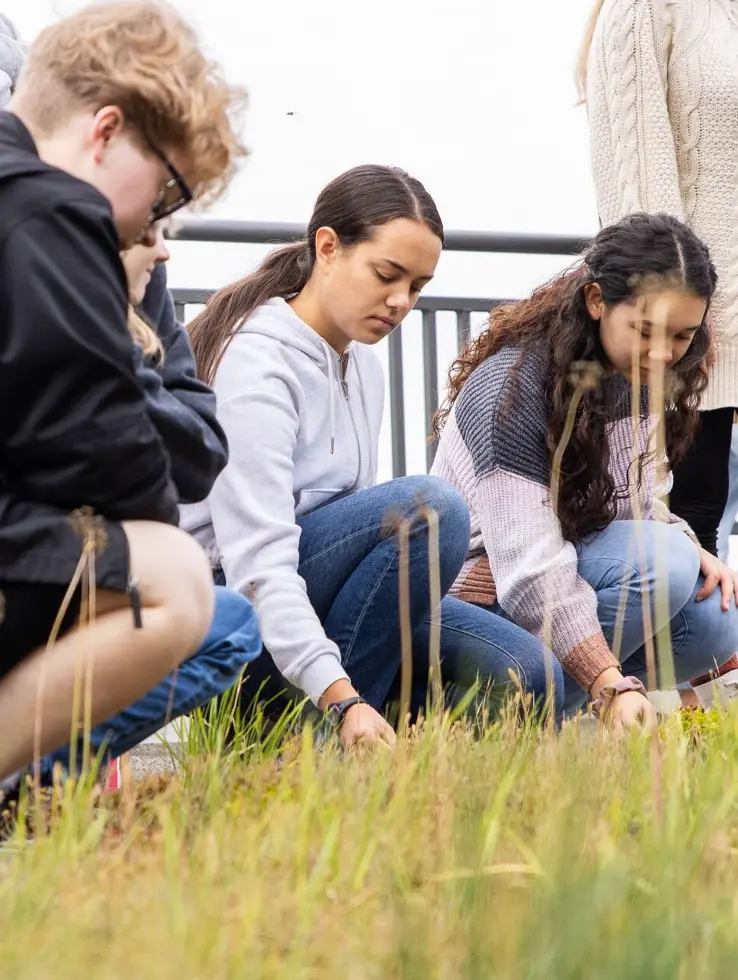Core Environmental Science major courses will provide you with a strong foundation in the systems and principles of general environmental issues and technical skills. You can choose to concentrate further on geology or biology and explore specific environmental issues and processes:
Biology Concentration:
Focus on living organisms and their relationship to the earth. You will learn to classify plant species and assess the integrity of ecological systems in courses such as taxonomy, anatomy, systems ecology, vertebrate natural history. Learn to develop sustainable food systems with courses in sustainable agriculture and food systems.
Geology Concentration:
Investigate the earth’s physical structure and substance with the geology track. You will inspect the processes that act upon the earth and how to best preserve natural resources through courses on soil science, earth materials, geomorphology, hydrology, water resources, and resource planning.







